What does a mental health Speech Pathologist do?
In today's world, where mental health is increasingly recognised as an essential component of overall well-being, the role of a mental health Speech Pathologist becomes all the more crucial. A mental health Speech Pathologist works at the intersection of neurodiversity and mental health challenges, to enhance outcomes for social and personal relationships, work / career, emotional regulation, organisational skills for complex activities. At Therapywell, we are committed to providing comprehensive care and support to individuals facing communication and cognitive challenges linked to mental health conditions. In this blog, we'll take you through the key aspects of what a mental health Speech Pathologist does.
Evaluation:
The process begins with a comprehensive assessment by our experienced Speech Pathologist, Kym Robinson. This includes an in depth interview, formal testing, and informal activities to help understand each individual’s strengths and challenges.This comprehensive understanding helps us grasp the context and possible causes of the communication issues and how these may impact on overall mental health and well being, as well as explore how an individual can participate in treatments. Kym will further help each individual identify their own personal goals and aspirations for the immediate and longer term. This holistic approach ensures that we leave no stone unturned when it comes to understanding our clients' needs and assisting them to reach their personal goals across all aspects of their life.
Intervention strategy development:
One size does not fit all! Our dedicated team works collaboratively with individuals to create a personalised treatment plan tailored to each client's unique goals and learning styles. It is crucial that all individuals can feel a sense of agency over their therapy goals, therapy and outcomes. Kym has a very interpersonal and dynamic style that focuses on a strong therapeutic relationship from the outset. She believes this is a crucial intervention tool to create a safe therapeutic space which allows an individual to build trust in the therapeutic process.
Communication interventions can take many forms including clinic-based sessions, community activities, and home visits where applicable. But the support doesn't stop at our clinic's door. We encourage family members and caregivers to actively participate in the client's communication development journey, both at home and in their daily lives.
Collaborative care:
At Therapywell, we have a strong belief in the value of teamwork. Our Speech Pathologist, Kym, collaborates closely with other healthcare experts, ensuring a comprehensive approach to support our clients. Your well-being is paramount to us, and our multidisciplinary approach ensures that we explore every avenue to assist you on your path to enhanced communication and cognitive well-being.
Education & support:
Education and support are at the heart of what we do. We equip individuals and their families with the knowledge and tools they need to manage communication challenges effectively. This includes providing information about the nature of communication disorders, setting realistic expectations for progress, and offering emotional support related to living with someone who has a communication disorder.
We ensure ongoing communication and provide access to positive resources. We connect you with support groups, workshops, and recommend relevant books and websites. Our commitment to your progress extends beyond therapy sessions.
Kym is a dedicated advocate of the Speech Pathology profession and has over 35 years of experience as a certified practicing Speech Pathologist. If you or a loved one could benefit from the expertise and support of a mental health speech pathologist, don't hesitate to get in touch with us at Therapywell.


